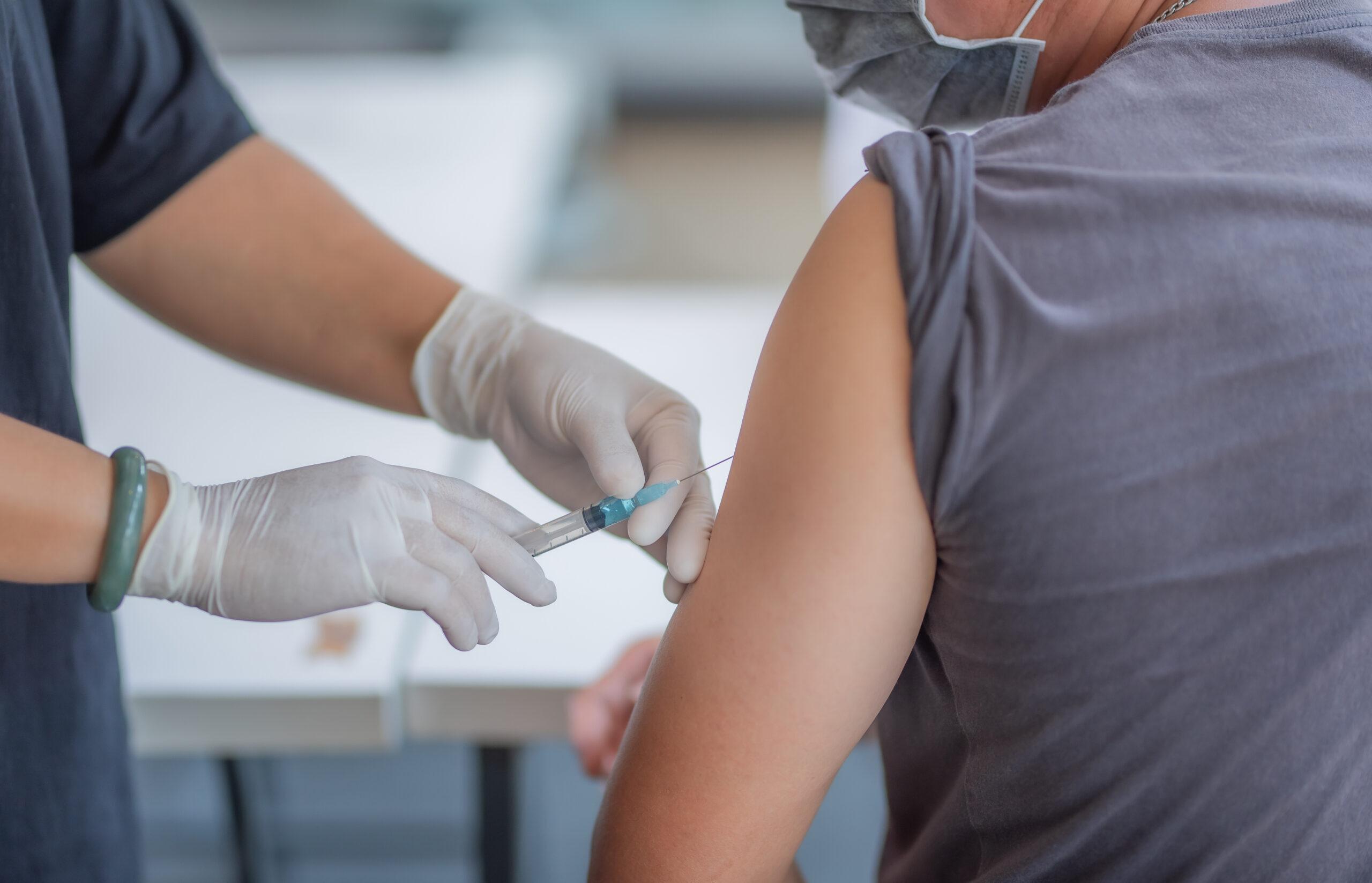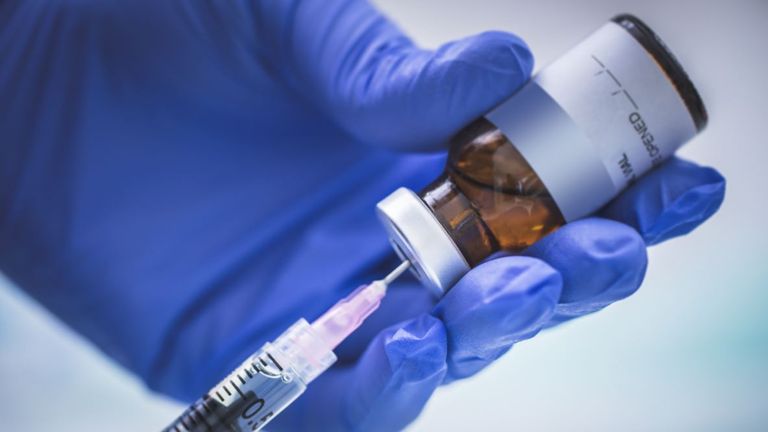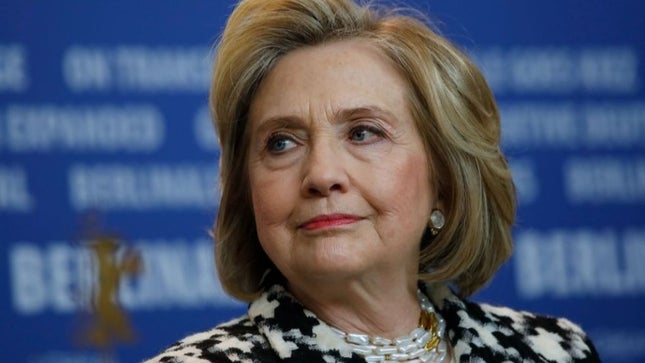As the coronavirus vaccine rolls out throughout the United States, lawmakers and immigration activists are uniting to ensure that the 10 million undocumented immigrants at the central part of the country’s service and food production industry sectors are not ignored.
Experts say it is improbable that healthcare workers will discriminate against undocumented immigrants. But after so many years of punitive and isolationist immigration policies from the Trump government, many immigrants- whose fiscal and physical health has, along with many Black people, been severely impacted by the pandemic- might be unwilling to get vaccinated.
In September, Beatriz Gutierrez’s whole family- including her four children, ages 8 to 17, and husband, who is a landscaper- caught coronavirus. While none of them was hospitalized, the virus resulted in her husband losing job and bills stacking up.
Although the disease creates natural immunity, health experts say people who have had coronavirus “are advised” to get the vaccine due to serious health problems associated with the virus and that re-infection is probable.
“We do not want to take chances if it’s going to cause us difficulties,” such as deportation, says Beatriz, 36, a housewife in Phoenix.
For Beatriz, who also lost two friends because of the virus that so far has killed about 312,000 Americans, the vaccine means an opportunity for job and health security.
“Vaccines are some of those things we provide to everybody no matter if you’re visiting from another country or if you’re a winter visitor,’’ said Cara Christ, the director of the Arizona Department of Health Services. “We want to protect everybody.”
Coronavirus has explicitly been merciless to Black, Asian Americans and Hispanic for reasons that include front-line jobs, prevailing health conditions and poverty. Most of them are critical to meatpacking and farming, and their death and illness represent both economic blow and human tragedy.




